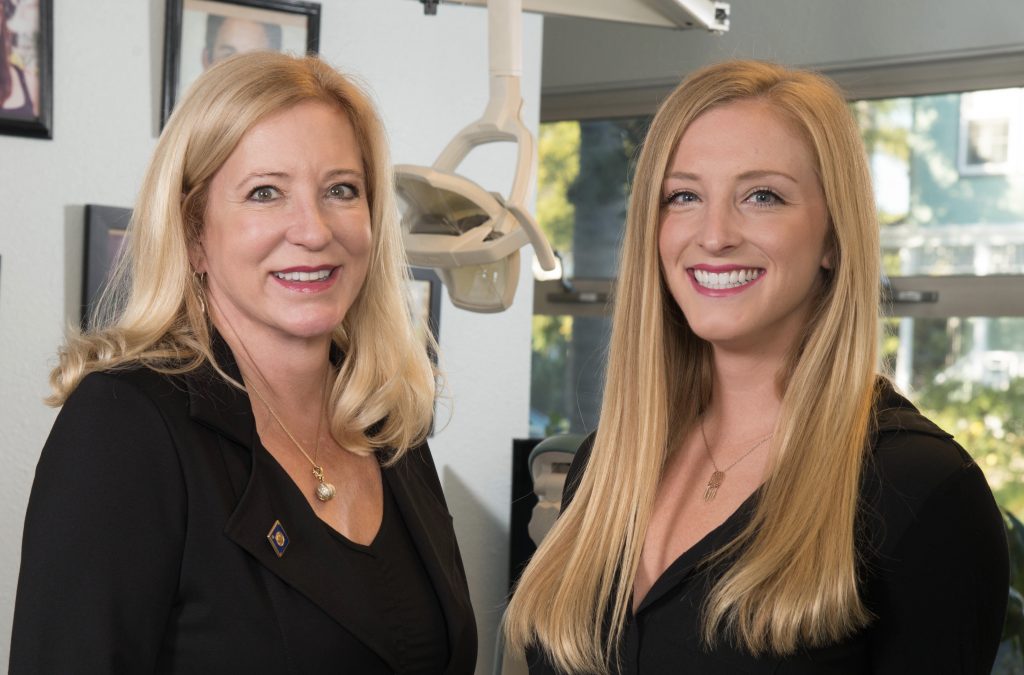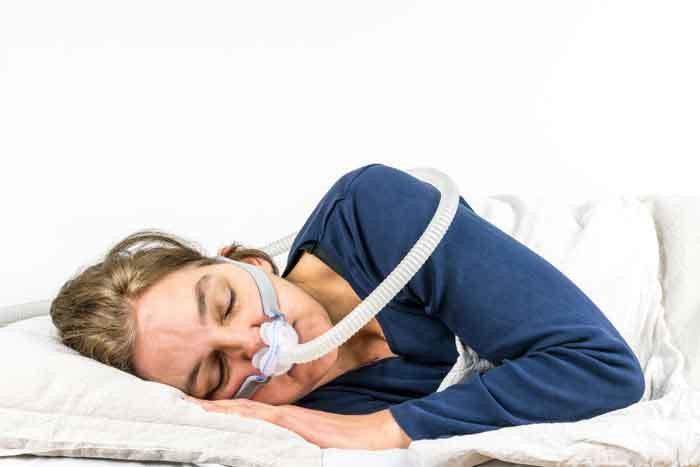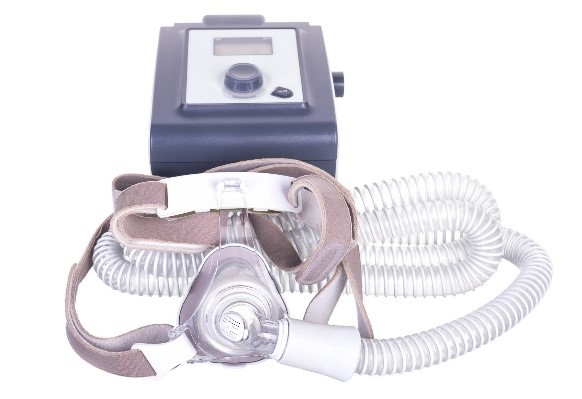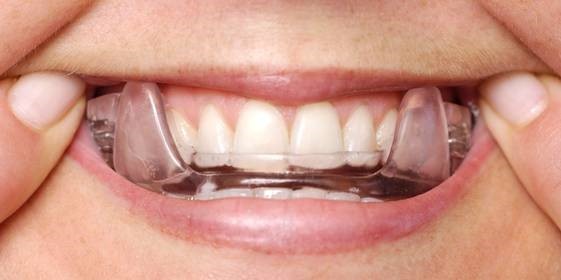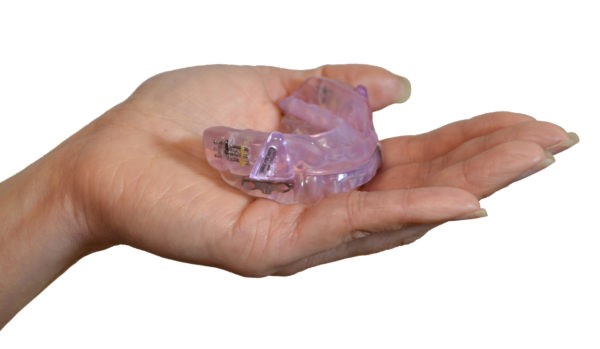Take Good Care of Your Body. It’s the Only Place You Have to Live: A Dental Health Series by Dr. Natalie Bailey and Dr. Suzanne Popp of Advanced Dentistry
Welcome to our third dental health article of the series! If you missed the homecare routine tips from last week or the mouth-body connection article, take a read here and here!
Is your spouse keeping you up at night with their constant snoring? Are you waking up at night gasping for air? Do you get eight hours of sleep yet still feel drowsy in the morning? Sleep apnea may be affecting you or your loved ones without you even realizing it.
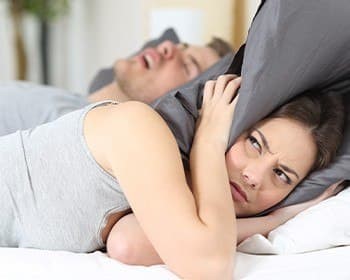 It’s that time of the year again. You get a reminder that your scheduled appointment for your 6-month dental check-up appointment is coming up. You call to confirm and then you show up for the same old routine. You expect they’ll ask if anything has changed with your address or medical history, you’ll chat with the hygienist for a bit while they clean your teeth, you’ll see the dentist for a few minutes while they review your x-rays, and then you’ll leave with a new toothbrush you’ll probably only use for travel. Same as every other time you’ve gone to the dentist for your entire life.
It’s that time of the year again. You get a reminder that your scheduled appointment for your 6-month dental check-up appointment is coming up. You call to confirm and then you show up for the same old routine. You expect they’ll ask if anything has changed with your address or medical history, you’ll chat with the hygienist for a bit while they clean your teeth, you’ll see the dentist for a few minutes while they review your x-rays, and then you’ll leave with a new toothbrush you’ll probably only use for travel. Same as every other time you’ve gone to the dentist for your entire life.
Something’s different this time though. Your dentist asks… if you snore? What? That’s kind of an odd question. Doesn’t everyone snore? Isn’t that normal? Well, not necessarily.
Sleep apnea is a common and serious sleeping disorder that happens when your regular breathing is interrupted during sleep. Snoring is common among patients with sleep apnea but not all snorers have sleep apnea.
Sleep Breathing Disorders are a set of potentially serious medical conditions, which include snoring, upper airway resistance syndrome, obstructive sleep apnea, and others. The worst part? Many diseases are associated with sleeping problems, such as metabolic, cardiovascular, respiratory, and… dental disease! When left untreated, sleep breathing disorders can increase the risk of heart attack, high blood pressure, stroke, diabetes, depression, and an increased chance of catching colds (hello, COVID?).
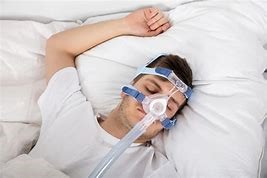 The reason you are hearing and seeing so much information about sleep breathing disorders in dental advertisements these days is that the House of Delegates recently approved an American Dental Association policy statement addressing dentistry’s role in sleep-related breathing disorders. The adopted policy emphasizes that “dentists are the only healthcare provider with the knowledge and expertise to provide oral appliance therapy.”
The reason you are hearing and seeing so much information about sleep breathing disorders in dental advertisements these days is that the House of Delegates recently approved an American Dental Association policy statement addressing dentistry’s role in sleep-related breathing disorders. The adopted policy emphasizes that “dentists are the only healthcare provider with the knowledge and expertise to provide oral appliance therapy.”
In easier terminology, it means dentists can’t diagnose sleep apnea, but they can and should screen for it and help determine the best course of treatment.
If the dentist notices signs of a breathing disorder they will often times recommend a sleep study. These used to be done at a sleep center, but recently and more conveniently, sleep studies can be done in your own home. The patient is usually tested for two nights and the results are read by a Board-Certified Sleep Physician. Depending on the results, the dentist will refer the patient to their primary care providers or an ENT.
Symptoms of sleep breathing disorders can be:
- Waking up feeling un-refreshed
- Problems with memory or concentration
- Feeling tired or fatigued
- Experiencing personality changes
- Headaches
- Heartburn
- Sweating or chest pain while sleeping
- Depression
- Snoring
Treatment for severe sleep apnea is typically a CPAP device. However, mild to moderate sleep apnea can be treated with an oral device that a patient wears at night, which is made by a dentist. These appliances are comfortable and easy to use and a great alternative for those who cannot tolerate a CPAP device. They go in your mouth like a night guard or retainer, but they hold your lower jaw forward to allow a wider airway and therefore more airflow in and out of your body.
Versus
If you are a candidate for an oral sleep appliance, the process is pretty easy! You come in for a consultation and we review any recent sleep studies. After we’ve determined a mild or moderate diagnosis, we take a five-minute scan of your teeth and your bite, send that to the lab, receive your appliance in about two weeks, and you’ll be experiencing better quality sleep in no time!
At our dental office, we look at the whole patient, not just the mouth. If you or your partner wake up gasping for air or are snoring constantly throughout the night, it might be time to investigate a little further. Schedule your free sleep consultation with us today ? by calling 619-435-4444.
